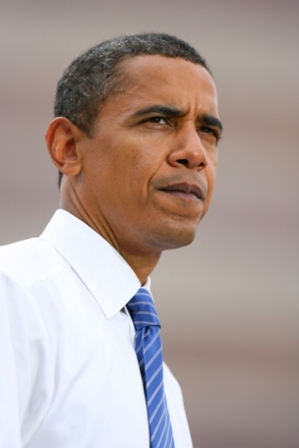Lighten our darkness
SUGGESTED



British households have received more than 180 million free or subsidised light bulbs in the last eighteen months from energy companies. Many if not most of these are lying idle, as the government has admitted – a waste of money and resources.
The energy companies did this because they are obliged to cut energy use, and thus carbon emissions, in line with regulators’ targets. According to government calculations each low-energy bulb saves 0.04 tonnes of carbon over its lifetime. Money spent on bulbs – assuming they are used, of course – saves more carbon per £ than, say, wall insulation. Thus the energy companies have adopted the ostensibly least-cost way of meeting quantitative targets, as might be expected.
What a pity that the public haven’t responded in the way the government hoped – we still go on using our old inefficient tungsten bulbs as long as we can while many of the freebies have been dumped, causing a potential health hazard as they use significant amounts of mercury and need careful disposal.
But how predictable. All those years of state planning failures have not weaned our rulers off the use of quantitative targets even though they always lead to unintended consequences and often gross inefficiencies.
And how easily regulatory powers for one purpose transmogrify into something else entirely. We started out regulating energy companies, following privatisation, to prevent misuse of monopoly powers. But then we extend powers to enforce energy cuts – a bizarre requirement for companies that exist to sell energy. But perhaps not as bizarre as another obligation they face – that of reducing something called “fuel poverty”.
This notion makes no more sense than talking about “grocery poverty” or “transport poverty” or “iPod poverty” for that matter. If people’s incomes are low they may choose to economise on use of fuel rather than on food. Is this irrational?
If governments want to reduce poverty, raise social security benefits rather than subsidise one part of their consumption. And if they want to reduce carbon emissions, let us have a carbon tax. We may or may not like these policies, but at least they are explicit, in the open and subject to known strengths and weaknesses. Piling obligations on private businesses to do the government’s work is tempting in a time of fiscal stringency, but totally misguided.
3 thoughts on “Lighten our darkness”
Comments are closed.




I confess to having to let the bulbs lie idle in my cupboard, not because I still use the old tungsten bulbs, virtually all my lights were converted to the new energy saving variety already. The energy company supplied me with bayonet fitting light bulbs. The light fittings in my house are almost exclusively screw top fittings. I suspect I may not be alone with this.
I agree that we do need the regulator to be focused on ensuring that energy companies are not abusing monopoly powers and are charging a fair market price for utilities to consumers.
Jonathan’s comment about the light fittings reminds us of one reason why centralised, top-down decision making fails – because it lacks crucial place-specific knowledge. The whole light bulb fiasco has echoes of the Soviet Union, where vast quantities of low quality goods were produced whether consumers wanted them or not.
Recently a council busybody was going door-to-door in my area offering free or subsidised cavity wall insulation, even though all the houses in the neighbourhood are Victorian and don’t have cavity walls – yet another example of stupidity and waste in the name of environmentalism.
I absolutely buy the author’s views on the madness of this government regulation. However, I dispute his suggestion to reduce poverty by raising social security benefits rather than subsidising one part of their consumption. This would only be better if consumers could be relied upon to make the most sensible choices for themeselves. Sadly, this is very often not the case. Many would just waste the additional benefits on non-essential items and still not be able to afford the most basic essentials. Some sort of middle way has to be found that will protect the most vulnerable who do not have the good sense to protect themselves; selective food and fuel vouchers for example.